Why Germans were last to go stereo
mainFrom the Lebrecht Album of the Week:
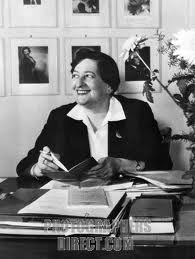
Slower even than one-horse EMI, Deutsche Grammophon was the last label of consequence to adopt stereo recording in the late 1950s. Its circumspection is, in retrospect, comprehensible. In austerity-minded Germany, a second living-room speaker would have been deemed an anti-social luxury and DG’s mono quality was, by any criterion, world-class. Under the leadership of camp-survivor Elsa Schiller, DG had buried its Nazi past beneath a blaze of new talent and high performance. The DG represented in this massive box of rarities is a label under post-War reconstruction, fascinating in its rigour and frugality.
This is DG in the age before Herbert von Karajan.


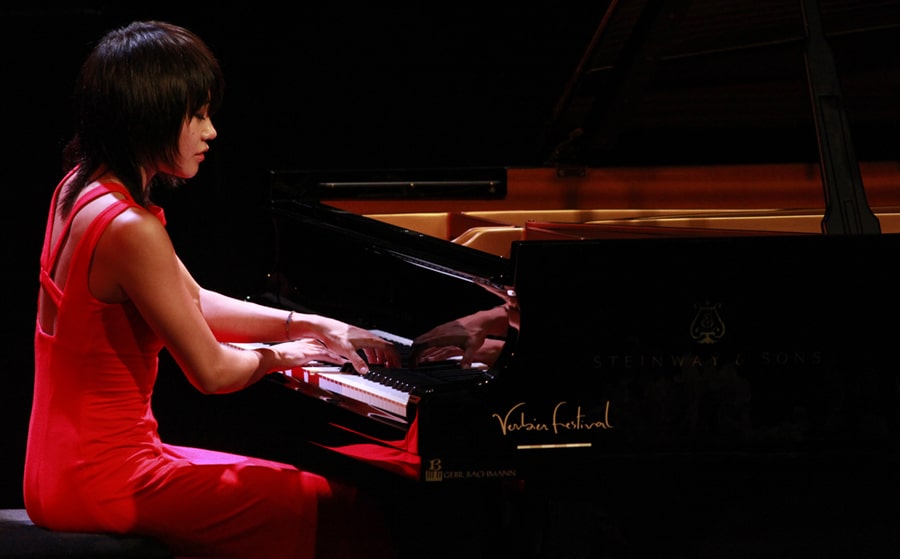
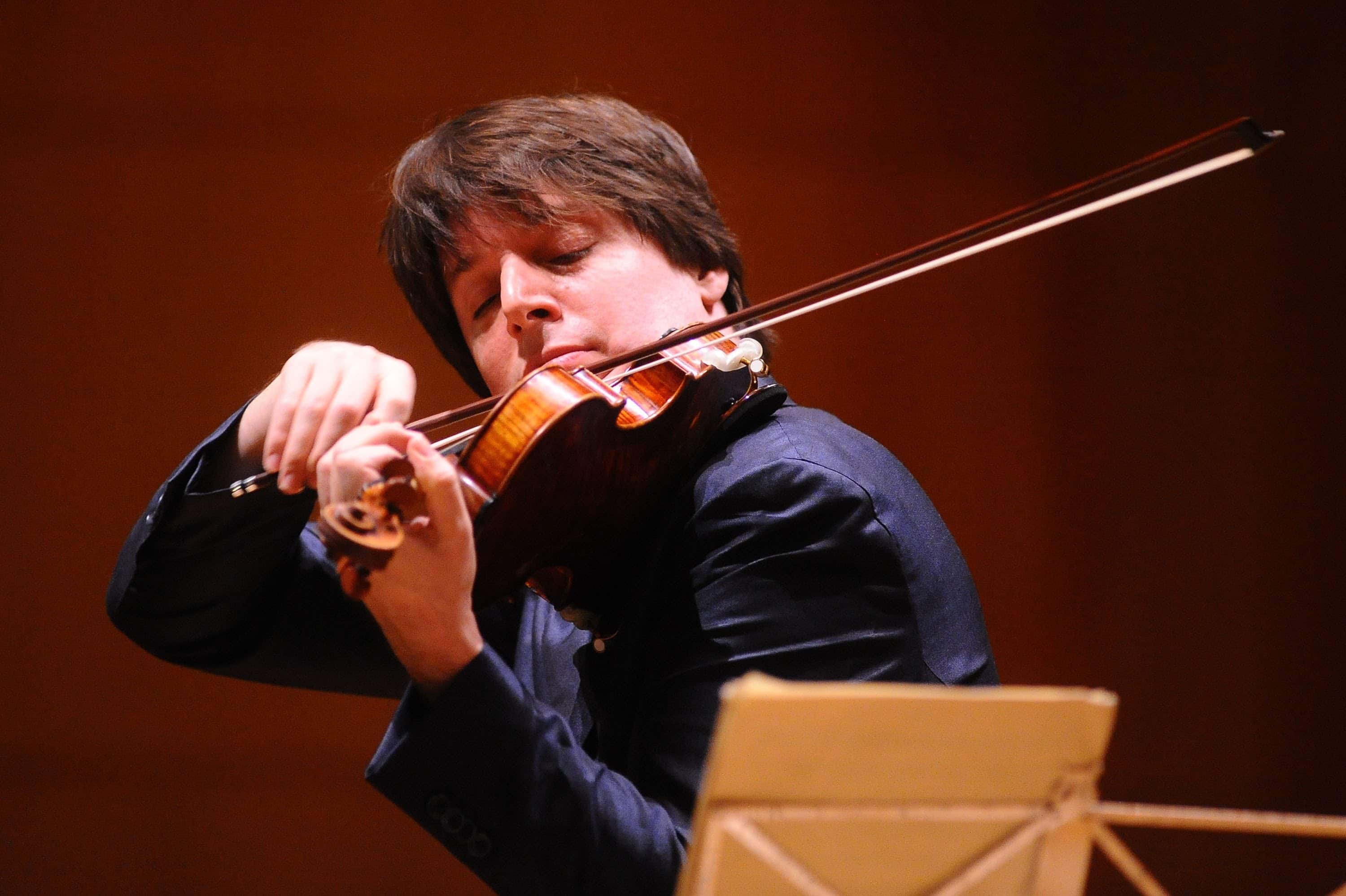
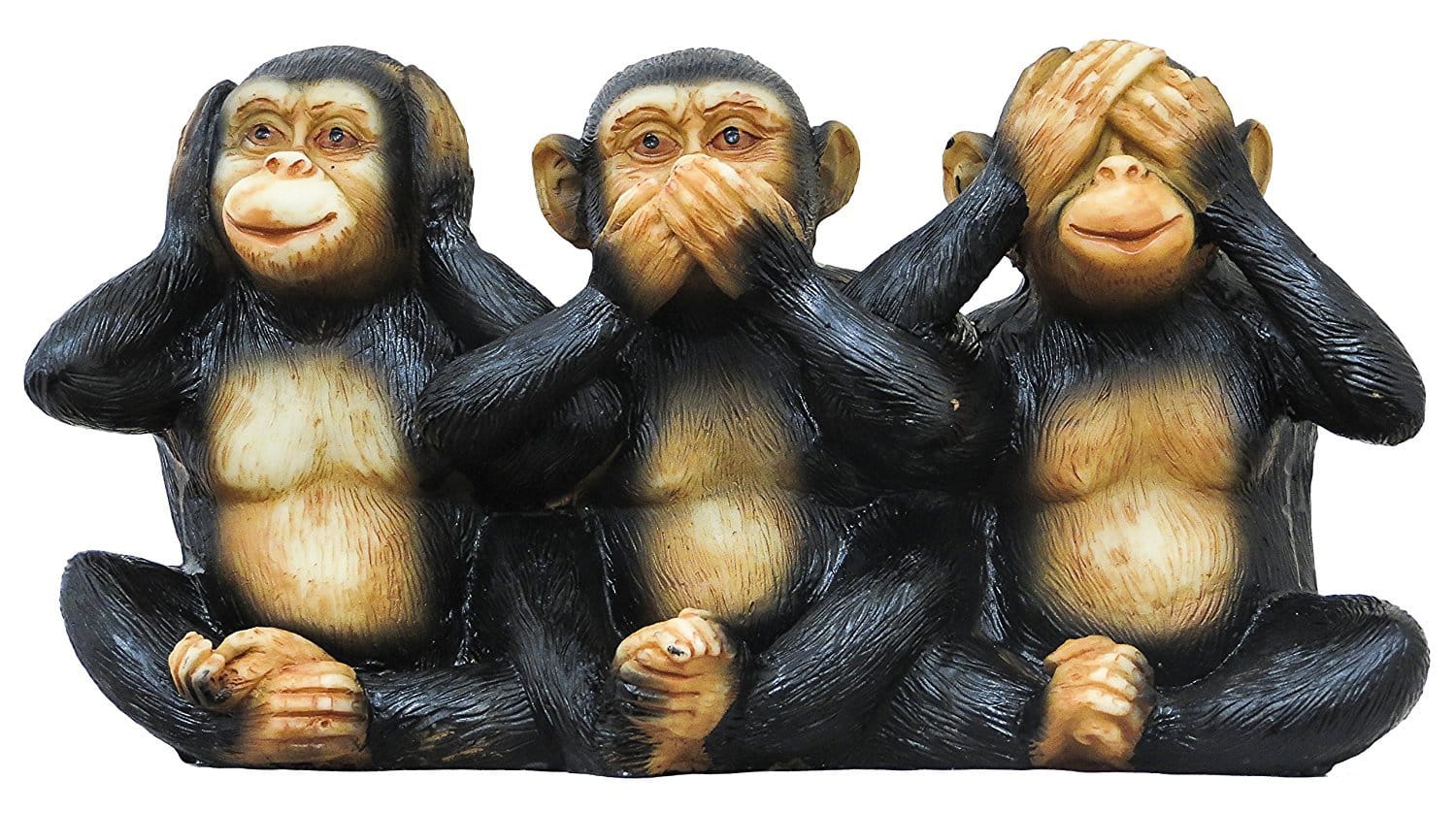
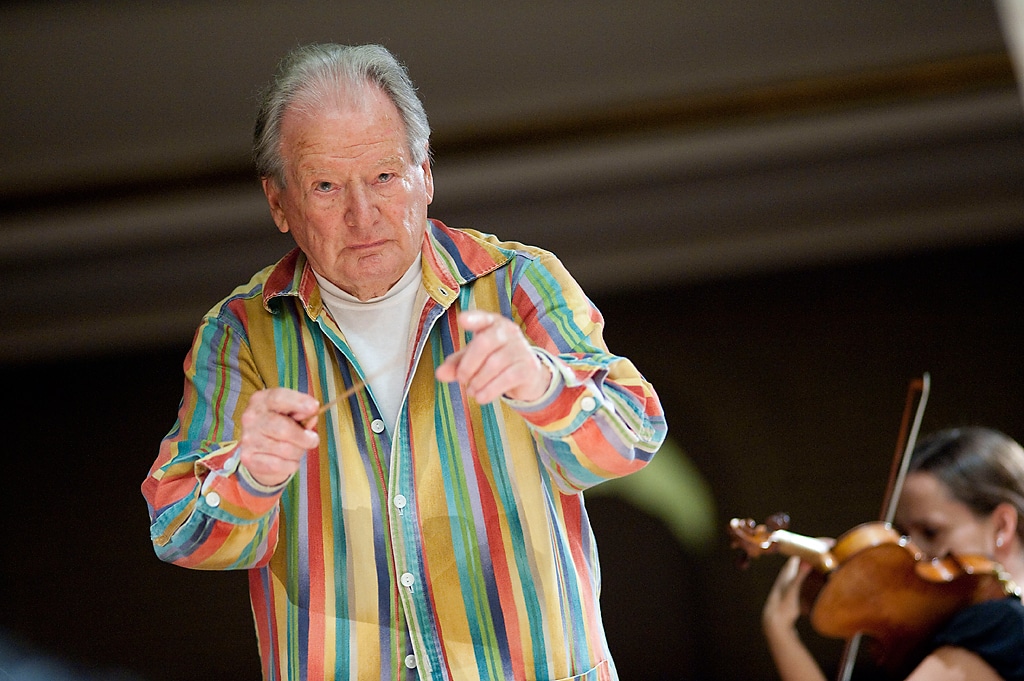
It’s all wrong. Did Mr. Lebrecht bother to check any facts?
DG is not “ze Germans”.
Germany had about 10 years lead in stereo recording (on tape) over the rest of the world. The Germans (Telefunken/Neumann) also built the first cutting machines for vinyl masters. Decca did their first stereo recordings in 1954. 10 years after the German “Reichsrundfunkgesellschaft” had begun recording in stereo in 1944.
Pretty much all the majors switched to stereo recording and stereo LP pressing around 1958. While some had done selected stereo recordings earlier, released on reel tape in small numbers to the public as an audiophile collectors item.
Please take off the anti-german glasses and do your homework.
Note that there is no definite article “the” in the headline. It makes a difference.
I might point out that DG was begun by Emile and Joseph Berliner in 1898, two Jews from Hamburg. Their flat circulating record format was patented in the USA in 1902. The company was principally held by the family, by Dutch Siemens and later Philips until the 8th decade of the last century. Nazis? The artists, yes, in some cases. But not much otherwise.
When did Karajan start recording extensively for DG? Is there any connection between Fricsay’s ill health and the dominant position Karajan took in the DG discography?
1959, with Ein Heldenleiben. His prior recordings were with EMI. His first BPO recording for EMI with the BPO was Angel 35482, of 3 Wagner Overtures (Tannhauser, Meistersinger and the Tristan Prelude, I believe. There is a Japanese video of a concert of this program which is on DVD, as well, though it is not the LP release (now on CD).
DGG started to record regularly in stereo in 1956 for future publications. Their first commercial stereo LP was 1958.
Exactly in the same timeframe – give and take a few months here and there – as their main competitors.
As stated above, in the experimental years toward stereo audio recording, Germany had a strong lead, particularly in bias tape recording technology, the format that finally allowed stereo recording in high fidelity.
It’s dubious, what this article is all about and why it was written in the first place. Its unnecessary best case, viciously distorting the past, worst case.
They were also the last to go digital, or so it seemed to me at the time.
First DG Digital recordings were made in 1979-1980, in the same year as the Boskovsky Vienna New Year’s Day 2LP issue—-DECCA’s first release. Philips predated both DECCA and DG with some Kondrashin digital recordings which were actually only saw release in analog form. First released were Kremer’s Tchaikovsky Violin Concerto and Karajan’s Zauberblote. They were released in 1982 on LP.
Why do you claim that Wilhelm Kempff and Paul Van Kempen were “terrible old nazis”? Just curious to see what evidence there is. While both lived and worked in Germany during the Nazi period, I wasn’t aware either ever joined the Nazi party, or are known for their anti-semitic views.